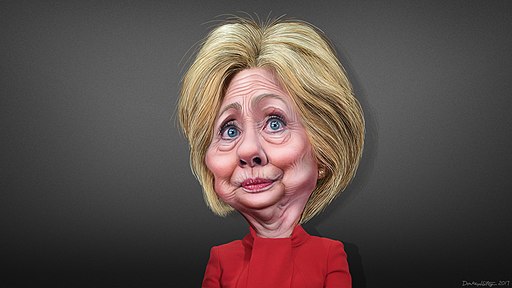
Every time a witness testifies behind closed doors in the US House of Representatives’ methodical march toward the impeachment of President Donald Trump, Trump supporters scream “no quid pro quo” while Trump opponents breathlessly inform us that the “smoking gun” has turned up and that impeachment is now “inevitable.”
What’s with all this “smoking gun” stuff? The decision to impeach is political, but in terms of evidence, it’s already a lock. President Trump publicly confessed to multiple “high crimes” before House Speaker Nancy Pelosi (D-CA) even announced the impeachment inquiry, then threw in a corroborating White House document.
Readers, meet Article VI of the US Constitution:
“This Constitution, and the Laws of the United States which shall be made in Pursuance thereof; and all Treaties made, or which shall be made, under the Authority of the United States, shall be the supreme Law of the Land …”
And now let us consult a lesser-known document, the US government’s Treaty With Ukraine on Mutual Legal Assistance in Criminal Matters:
“Each Contracting State shall have a Central Authority to make and receive requests pursuant to this treaty. For the United States of America, the Central Authority shall be the Attorney General or a person designated by the Attorney General. For Ukraine, the Central Authority shall be the Ministry of Justice and the Office of the Prosecutor General. … A request for assistance shall be in writing except that the Central Authority of the Requested State may accept a request in another form in urgent situations.”
Donald Trump is not the Attorney General of the United States, nor has the Attorney General publicly produced a document designating him the US government’s requesting authority under the treaty. Volodymyr Zelensky is the president of Ukraine, not a principal of its Ministry of Justice or Office of the Prosecutor General. A request by phone is not in writing, nor are matters years in the past and already subject to substantial investigation “urgent.”
Donald Trump made a request he had no authority to make, to a person he had no authority to make it of, in a form he had no authority to make it in. That’s at least three violations of the “Supreme Law of the Land.”
So, what’s a “high crime?” It may sound like a synonym for “serious crime” — espionage, treason, assassination, that kind of thing — but it’s actually a “term of art” more concerned with the person committing the act than the act itself.
As Alexander Hamilton put it in Federalist #65, “high crimes” for purposes of impeachment are “offences which proceed from the misconduct of public men, or, in other words, from the abuse or violation of some public trust.”
Donald Trump’s public trust, per the Constitution, includes “tak[ing] care that the laws be faithfully executed.” Instead, he violated “the supreme Law of the Land,” then publicly confessed to doing so, then corroborated his confession with evidence.
The “smoking gun” has been there the whole time. The rest is just details and politics.
Thomas L. Knapp (Twitter: @thomaslknapp) is director and senior news analyst at the William Lloyd Garrison Center for Libertarian Advocacy Journalism (thegarrisoncenter.org). He lives and works in north central Florida.


